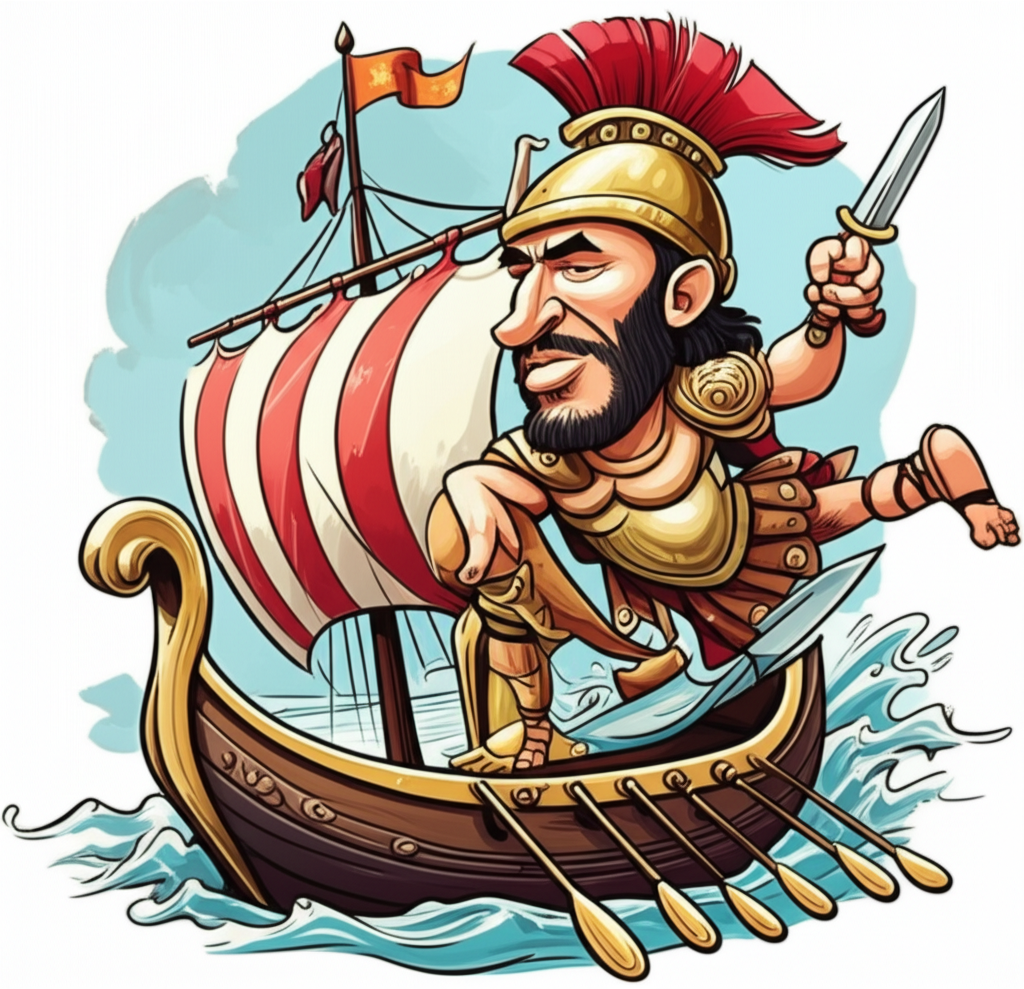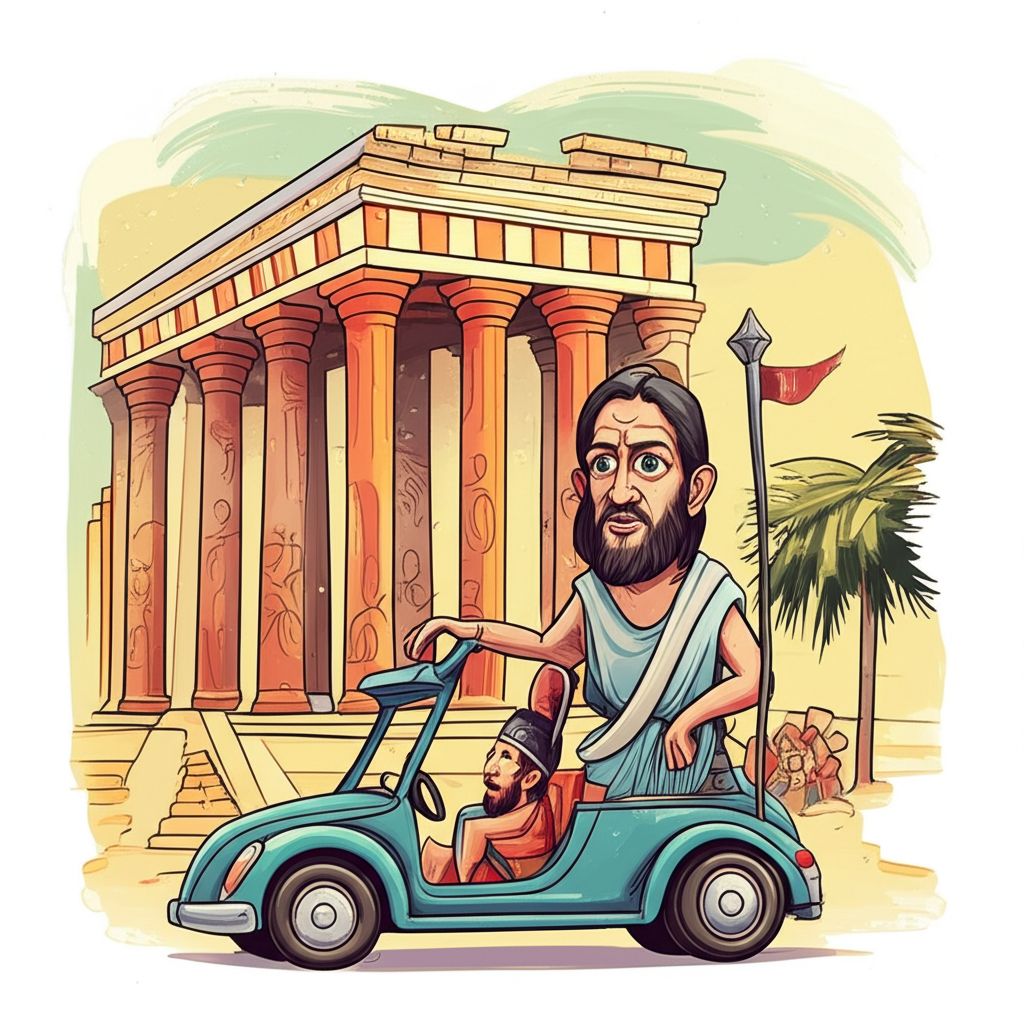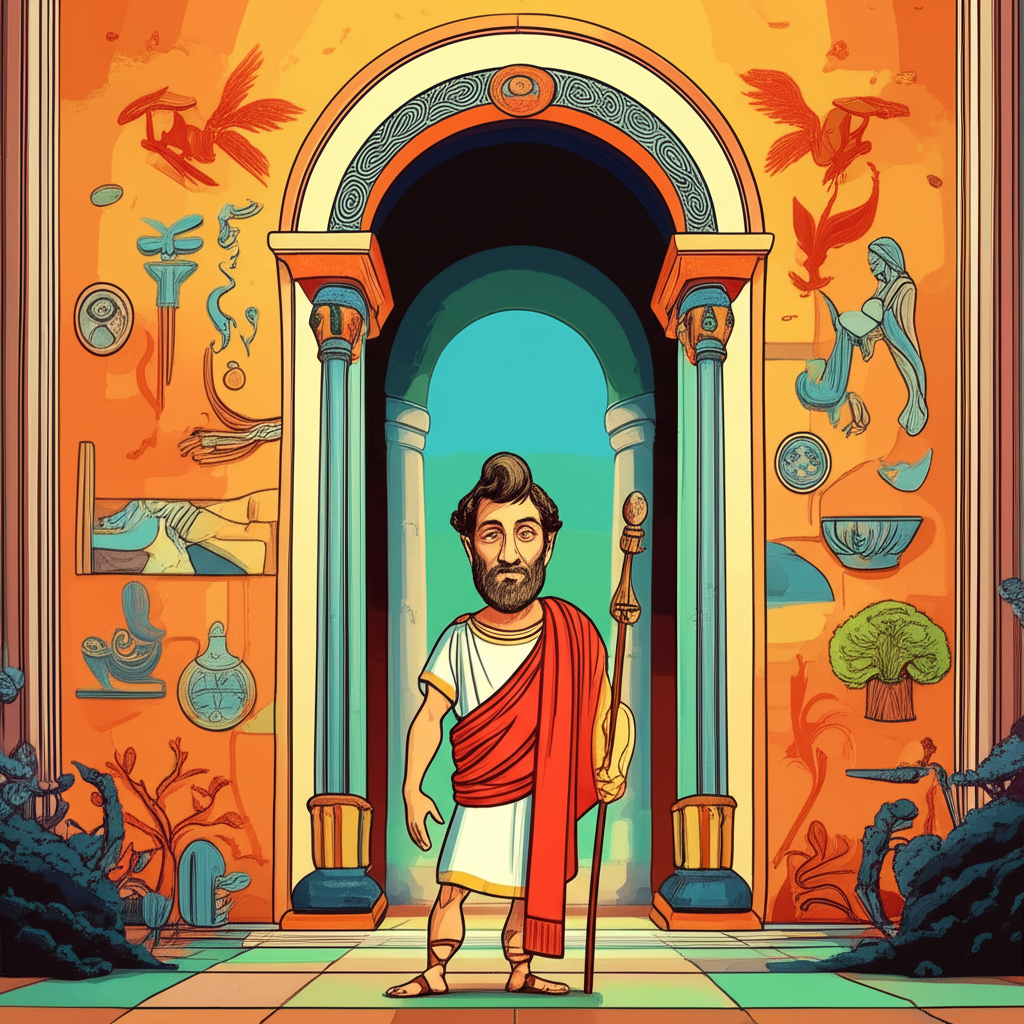
From the sun-drenched shores of ancient Greece, a tapestry of myths and legends emerged, woven from the threads of human experience, natural phenomena, and the profound desire to understand the world. Among these timeless narratives, the tale of Achilles, the near-invincible warrior, and his purported involvement in the legendary voyage that led to the Trojan War, stands as a potent example of how ancient cultures grappled with concepts of heroism, fate, and collective endeavor. It is crucial to remember that these are stories, passed down through generations, offering insights into the beliefs and worldview of those who first conceived them, not historical accounts to be taken as literal truth.
The Crucible of the Bronze Age: A World of Gods and Mortals
The stories of Achilles and the Bronze Age heroes were primarily shaped by the oral traditions of the Mycenaean civilization and later immortalized by poets like Homer. This was a time when the world was perceived as a dynamic and often unpredictable place, governed by the whims of powerful deities who intervened directly in mortal affairs. The environment was characterized by rugged coastlines, fertile plains, and a deep connection to the sea, which was both a highway for trade and a source of potential peril. Society was structured around warrior-kings, city-states vying for influence, and a deep respect for honor, glory, and the ancestral past. The concept of aretē, or excellence, was paramount, particularly in warfare, and the pursuit of heroic deeds was a driving force in many of these narratives. The world was a place where the boundaries between the divine and the human were fluid, and where extraordinary individuals, blessed or burdened by fate, could shape the course of history.
Achilles: The Warrior Forged in Legend
The central figure in these narratives is Achilles, a warrior whose name still resonates with unparalleled martial prowess. According to these ancient tales, Achilles was the son of the mortal king Peleus and the sea nymph Thetis. This divine parentage imbued him with exceptional strength, speed, and courage, making him a formidable force on any battlefield. His defining characteristic, however, was his near-invincibility, a symbolic attribute stemming from the legend that his mother dipped him in the River Styx, holding him by his heel. This single vulnerability, his heel, became the focal point of his ultimate fate, a powerful metaphor for the inherent limitations that even the greatest of heroes must confront. Achilles’ symbolic attributes often revolved around the raw power of nature, the untamed fury of a storm, and the decisive swiftness of a predator. He represented the pinnacle of mortal achievement in combat, a figure who could inspire awe and terror in equal measure.
The Seeds of Conflict: A Fateful Gathering
While the epic poem "The Iliad" focuses on Achilles’ wrath during the Trojan War, the events leading to that conflict, including the gathering of the Greek forces, are rooted in earlier legends. The myth of the Voyage of Sparta, as it might be understood in the context of Achilles’ participation, centers on the abduction of Helen, the wife of Menelaus, king of Sparta, by the Trojan prince Paris. This act of transgression ignited a simmering resentment among the various Greek kingdoms, who were bound by oaths of mutual protection.
Imagine a grand assembly, perhaps on the sun-baked plains near Sparta, where emissaries from across the Hellenic world gathered. The air would have buzzed with the clang of bronze armor and the murmur of powerful men. Among them, a figure of imposing stature, likely clad in polished bronze, would have stood out. This would have been Achilles, perhaps still a young warrior, his eyes burning with a fierce, almost youthful, intensity. He would have been hailed as a warrior of unparalleled skill, his presence a potent symbol of the strength the assembled Greeks could bring to bear.
The council would have debated the affront to Menelaus and the oaths sworn. The notion of a unified Greek force, an Achaean army, marching to the shores of Troy would have been formidable. Achilles, driven by his own sense of honor and perhaps the persuasive arguments of figures like the wise Odysseus or the venerable Nestor, would have been convinced to lend his might to this grand, and ultimately tragic, expedition. His journey to Sparta, then, would not have been a solitary voyage, but rather a pivotal moment in the genesis of a legend, a commitment to a cause that would define his destiny and the fate of countless others. The ships, their sails billowing like white wings against the azure sky, would have begun to assemble, a testament to a collective will forged in the crucible of perceived injustice.
Symbolism of the Oath and the Spear
The myth of Achilles and the Voyage of Sparta, though centered on a martial endeavor, carries layers of symbolic meaning. The gathering of the Greek kings and their oaths of mutual defense can be seen as representing the early development of a shared identity or a nascent sense of Hellenic unity, albeit one forged in the fires of potential conflict. Achilles himself, as the ultimate warrior, symbolizes the human aspiration for power and the pursuit of glory, even at the cost of immense suffering. His near-invincibility, countered by a single, fatal flaw, speaks to the complex nature of human existence, where even the most extraordinary individuals are not immune to the forces of fate and mortality. The voyage itself can be interpreted as a metaphor for any grand undertaking, requiring immense resources, collective will, and the courage to face the unknown.
Echoes in the Modern Imagination
Today, the stories of Achilles and the Trojan War continue to captivate the modern imagination. They are reinterpreted in countless forms: epic films that depict the clash of armies and the tragic love stories, video games that allow players to embody legendary heroes, and academic studies that explore their cultural significance. Literature, from ancient retellings to contemporary novels, continues to delve into the complexities of Achilles’ character, his rage, his vulnerability, and his place within the grand narrative of human conflict. These modern interpretations often explore themes of war and its consequences, the nature of heroism, and the enduring power of storytelling.
A Legacy of Stories
In conclusion, the myth of Achilles and the Voyage of Sparta is a powerful testament to the rich cultural heritage of ancient Greece. It is a traditional story, born from a time when the world was understood through the lens of divine intervention and human striving for excellence. As Muslims, we recognize that the ultimate power and creation belong to Allah, the one true Creator and Sustainer. These ancient narratives, however, offer valuable insights into the human condition, our fascination with heroism, our struggles with fate, and the enduring tradition of storytelling that connects us to our past. They remind us of the boundless capacity of the human imagination and the profound ways in which stories can shape our understanding of ourselves and the world around us.




